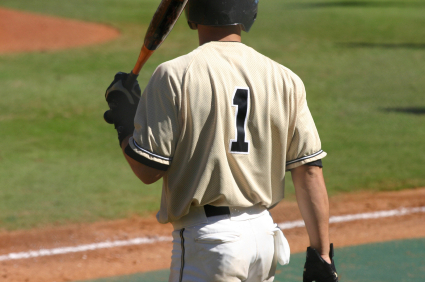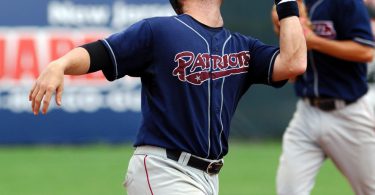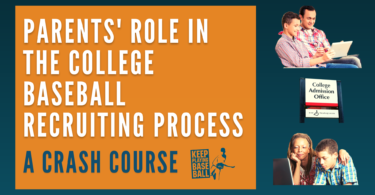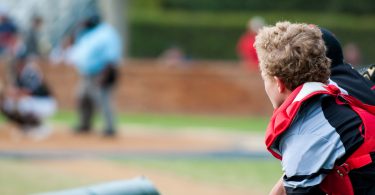By Eric Johnson
In this post, we’re going to tell you more about what college coaches are looking for at each position. We’ve already covered catchers and first basemen. Today, we’ll talk about second base. Second basemen tend to be smaller guys who are not quick enough or sure handed enough to play short. In college, there are a few second basemen who lead their teams offensively and can hit 3rd through 5th in the lineup with power. If that’s you, then that’s great, and a lot of your offensive responsibilities will be covered in the next post about third basemen. But for the purpose of this post, we are going to talk about the more typical second baseman who does not have that power-hitting skill set, and makes up the vast majority of the second basemen on college rosters.
Defensively, a second baseman is expected to be a master of the routine play. A huge number of plays that come to a second baseman are going to be very normal grounders. However, a second baseman can distinguish himself by his preparation and thinking. For instance, a second baseman who recognizes a hitter’s approach or the pitch that the catcher called can get to a lot more balls than others by anticipating the play and taking the first few steps in the right direction. Also, a second baseman can make life easy for a first baseman by hustling to back-up any other infield play that he doesn’t already have an assignment on, or by being ready to take the tough popup behind first that is at an awkward angle for the first baseman. These things are all determined by pre-pitch preparation and a second baseman’s mindset.
Offensively, a second baseman is usually looked at as a bat-control guy. This means that he is not relied on for power, but is able to pick up his hits and move runners over on the bases. Normally, these types of hitters will hit somewhere like 2nd or 9th in the order. A second baseman has to have the ability to bunt. This is a huge part of the college game because it puts runners in scoring position so that it only takes a single to score them. Also, a second baseman has to be able to put the ball in play. Strikeouts do nothing for your team. Power hitters can get away with big strikeout totals because they have the chance of driving a ball out of the park. Second basemen don’t usually hit home runs, so they have to be able to go to all fields, put the ball in play, and collect their singles and sometimes doubles. Second basemen are table-setters. They have to have a grinder mentality to get the job done both on offense and defense. They are a huge tool to a lineup and can have a big impact on their team’s ability to score runs and keep runs off the board.
If you want to play second base in college, you need to know and practice your role, both on the field and at the plate.






